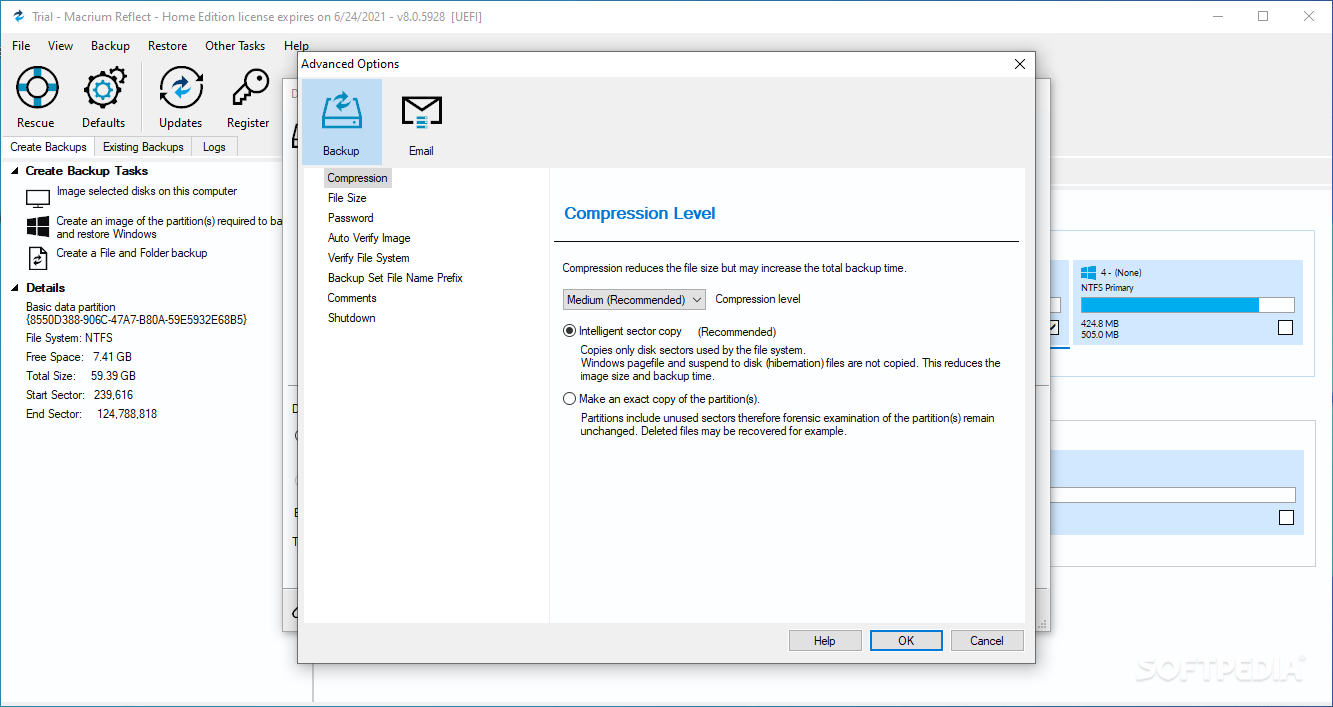
It is possible for VMs on VPS node to become infected though not seen it done yet. in any hosting account.CageFS should protect Shared/Reseller hosting accounts so that one infected account cannot affect another.


Sources of malware could be anything: Email attachments, user uploads, plugin trojans, script or database vulnerabilities, etc. If so, what are the possible causes for that, and what are the industry standards or best practice guidelines for hosting providers to implement in order to prevent such infections?

Is there any practical - not just theoretical - evidence that malware, as of today, is capable to spread from a hosting account to another on same system or control panel, being either shared or VPS accounts or even infect the virtualisation host system?


 0 kommentar(er)
0 kommentar(er)
